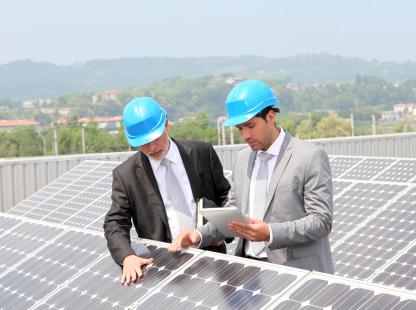
A Master of Engineering (M.E.) in Energy Engineering is a specialized postgraduate program that focuses on the study and application of engineering principles to address challenges related to energy production, utilization, and sustainability. This program is designed for individuals seeking advanced knowledge and skills in the field of energy, covering a broad spectrum of topics related to conventional and renewable energy sources.
The curriculum typically includes courses in areas such as energy systems analysis, renewable energy technologies, power generation, energy policy and economics, and sustainable energy practices. Students may delve into the design and optimization of energy systems, considering environmental impact and efficiency.
One key aspect of an M.E. in Energy Engineering is the emphasis on addressing global energy challenges, such as climate change and the transition to cleaner and more sustainable energy sources. This may involve studying and developing technologies related to solar, wind, hydropower, biomass, and other renewable energy forms.
Graduates of the program are well-prepared for careers in various sectors, including energy consulting, research and development, utilities, and governmental agencies. They may contribute to the design and implementation of energy-efficient systems, renewable energy projects, and policies that promote sustainable energy practices. Additionally, with the increasing focus on green technologies and environmental stewardship, professionals with expertise in energy engineering play a crucial role in shaping the future of the energy landscape.